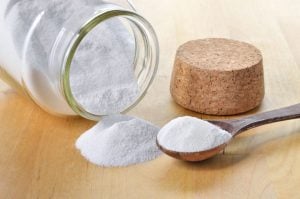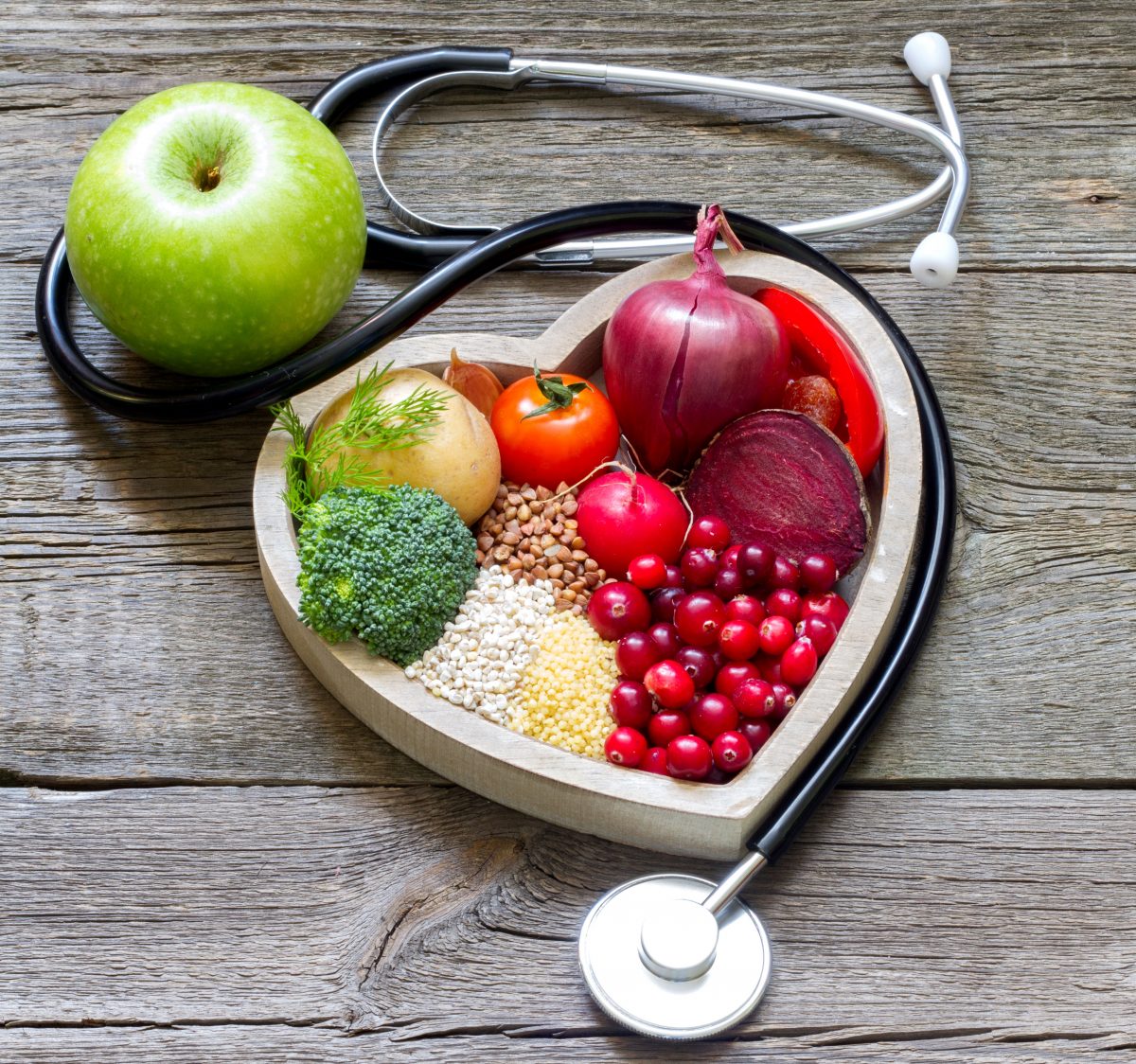Life’s tough. You spend most of it figuring out what it is you need to do just to get through it. And, by the time you’re nearing retirement, your habits are pretty much set in stone. You’ve earned them, right?
But, does it always pay to be stubborn? To stick to your regular patterns? It might not … especially when it comes to heart health. The truth of the matter is, your body is changing – so adjusting your habits to accommodate these changes is a must.
When it comes to caring for your heart, you really want to do everything you can to keep the flow of blood to it constant, to make sure it doesn’t decrease. Diminished blood flow can cause several health issues.
And frankly, nobody wants to have their life interrupted if they can prevent it. By now, you must be wondering if there is anything you can do to up your chances of avoiding heart trouble?
Of course there is.
These eight helpful hints that can lower risk of heart disease. If you try to incorporate them into your lifestyle, you can walk proud knowing you’re taking an active role in caring for yourself long-term.
1. Eat a heart healthy diet
Foods high in dietary fiber (e.g. vegetables, fruits, beans, and nuts) are great for the heart. Dietary fiber can be found naturally in a variety of whole foods. It can also help reduce bad LDL (low-density lipoprotein) – otherwise known as “bad” cholesterol. 1
So, let processed foods sit on the shelf and stock up on single-ingredient foods that come to you directly from Mother Nature herself (that means plant or animal foods only).
Make sure oily, skinless fish like salmon and mackerel find their way to your plate about two times each week. Fish is high in omega-3 fatty acids, which could help when it comes to keeping your heart healthy.
High fat foods and high cholesterol foods like cheese, red meats, and eggs should be consumed in moderation. While red meat is a great source of iron and vitamin B12, too much can cause certain health issues. 2 Diversify your sources of protein with other meats like chicken, pork, and fish – you’ll end up in better shape.
2. Move your body
According to The American Heart Association, nearly 50 percent of people living in the U.S. fail to get the recommended 2 ½ hours of mild to intense exercise they should. 3 The human body is meant to move. Like making sure you take your car out for a spin instead of letting it sit in the garage, you’ve got to keep your body running. In fact, exercise can often help you prevent numerous health issues.
Physical activity boosts “good” cholesterol and decreases unhealthy triglycerides (one of the major building blocks of fat in the human body). Whether it’s a walk, a swim, dancing, or lifting weights, exercise keeps blood flowing, diminishing the risk of cardiovascular health concerns.
3. Manage your weight
Of course, eating a heart-healthy diet and exercising will help you feel better and look better. But, a good diet and active lifestyle are also necessary if you want to have the best chance at fending off health issues as you age. Even if you get out and move and eat well (for the most part), if you’re overweight, there could still be cause for concern. Managing your weight is also important for your heart.
There’s lots of ways you can help manage your weight. Make sure you read nutrition labels, look carefully at ingredients when you order at restaurants, and study appropriate portion sizes.
According to the Office of Health Promotion and Disease Prevention, a sedentary male over the age of 51 should be eating approximately 2000 calories a day, whereas a moderately active male of the age of 51 can afford a couple hundred more calories a day. 5

4. Be a quitter
No one likes a quitter, unless … you’re quitting smoking.
Cigarette smoking is the number one cause of preventable death in the United States. In fact, there are a number of immediate health benefits to quitting smoking.
You’ll look and feel younger
Your sense of smell and taste improve
Your lung capacity improves by up to 10% in the first 9 months
You’ll lower your stress levels (a common symptom of nicotine withdrawal) 6
Reports by the Surgeon General have proven smokers who quit live longer than those who don’t stop. And the statistics are dramatic. A smoker who quits by the time he’s 50 has only half the risk of passing away in the next 15 years, compared to smokers who choose not to quit. 7
5. Regulate your blood pressure
Everyone should regulate blood pressure, making sure to keep it below 140/90 mmHg.8 This is especially important for people over 50 years of age.
Low blood pressure could be a sign of a deeper issue, and it can cause poor blood flow to the heart. Tips 1 – 4 above will help a great deal when staying on top of your blood pressure, but you’ll also want to make regular visits to your doctor for routine monitoring.
6. Decrease blood sugar
If you’re blood sugar levels climb, you’ll want to eat foods that are lower on the glycemic index. The glycemic index is a system that rates carbs on how quickly they become glucose once digested. Blood sugar levels rise or fall based on how many carbs you eat and the type of carbs you eat. You really can do your part to keep your blood sugar levels lower. 9
You’ll want to focus on the following foods:
- Eggs
- Seafood
- Beans
- Sweet potatoes
- Certain low sugar fruits (cherries, grapefruits, apricots)
- Leafy greens
- Low starch vegetables
7. Keep your cholesterol in check
Cholesterol gets a bum rap. Not all cholesterol is bad. Turns out, testosterone and vitamin D work together to build cholesterol in your body. And cells work to make their own cholesterol in order to form protective barriers around themselves. But, you add extra cholesterol when you eat. So, you want to make sure not to overproduce cholesterol and keep levels in check.
You can raise your HDL levels (HDL stands for high-density lipoprotein, and that’s the “good” cholesterol as opposed to LDL mentioned above) by using olive oil when you cook, or to dress pastas and salads.
You might want to have your toothbrush ready for this next bit of advice. To help lower your LDL levels (the “bad” cholesterol), cook with plenty of onions and garlic. The sulfur found in onions and garlic may help to detox your arteries. 10

8. Lower your sodium intake
Salt makes everything taste better, but you can reduce your blood pressure by lowering your sodium intake. And when your blood pressure is lower, the risk of various heart health issues declines as well. 11
Instead of salt, you can use a variety of spices, onions, herbs, and garlic to create savory flavor in your favorite dishes – and they’ll still be delicious.
So, to recap, help your heart by following these 8 tips:
- Eat a heart healthy diet
- Move your body
- Manage your weight
- Be a quitter
- Regulate your blood pressure
- Decrease blood sugar
- Keep your cholesterol in check
- Lower your sodium intake
In the end, nobody is going to take care of your heart the way you can. So do yourself a great service and keep these healthy habits to lower risk of heart disease. You’ll give yourself a better quality of life (and perhaps even live longer so you can enjoy it).
Want more health tips? Read more here:
How To Lose Weight Fast? Kick Your Metabolism Into High Gear With These 7 Tricks
6 Secrets to Healthy Weight Loss (Tips You’ve Probably Never Heard Of)
3 Things You May Not Have Known (About Cholesterol)
Sources:
1. Heart-healthy diet. University of Maryland Medical Center. 2016.
2. Eating meat and staying healthy – Live Well – NHS Choices. Nhsuk. 2016.
3. Life’s Simple 7 – Get Active. Heartorg. 2016.
5. Older Adult Health Facts: For a Healthy Weight, Find Your Balance Between Food and Physical Activity. Healthgov. 2016.
6. 10 health benefits of stopping smoking – Live Well – NHS Choices. Nhsuk. 2016.
7. The Health Benefits Of Smoking Cessation. 1st ed. US Department of Health and Human Services; 2016.
8. US Department of Health and Human Services. Your Guide To Lowering Blood Pressure.; 2016.
9. Jenkins D, Wolever T, Taylor R et al. Glycemic index of foods: a physiological basis for carbohydrate exchange. Ajcnnutritionorg. 2016.
10. KT A. Therapeutic values of onion (Allium cepa L.) and garlic (Allium sativum L.). Europepmcorg. 2016.
11. Aburto N, Ziolkovska A, Hooper L, Elliott P, Cappuccio F, Meerpohl J. Effect of lower sodium intake on health: systematic review and meta-analyses. 2016.

What’s up colleagues, fastidious paragraph and good urging commented here, I am really enjoying by these.
0mniartist asmr
Hey there! Do you know if they make any plugins
to protect against hackers? I’m kinda paranoid about losing
everything I’ve worked hard on. Any tips? 0mniartist asmr
If you want to improve your knowledge just keep visiting this site and be updated with the most
up-to-date news posted here. asmr 0mniartist
Thanks for sharing your thoughts about 0mniartist.
Regards asmr 0mniartist
Great information. Lucky me I recently found your
website by accident (stumbleupon). I have book marked
it for later! 0mniartist asmr